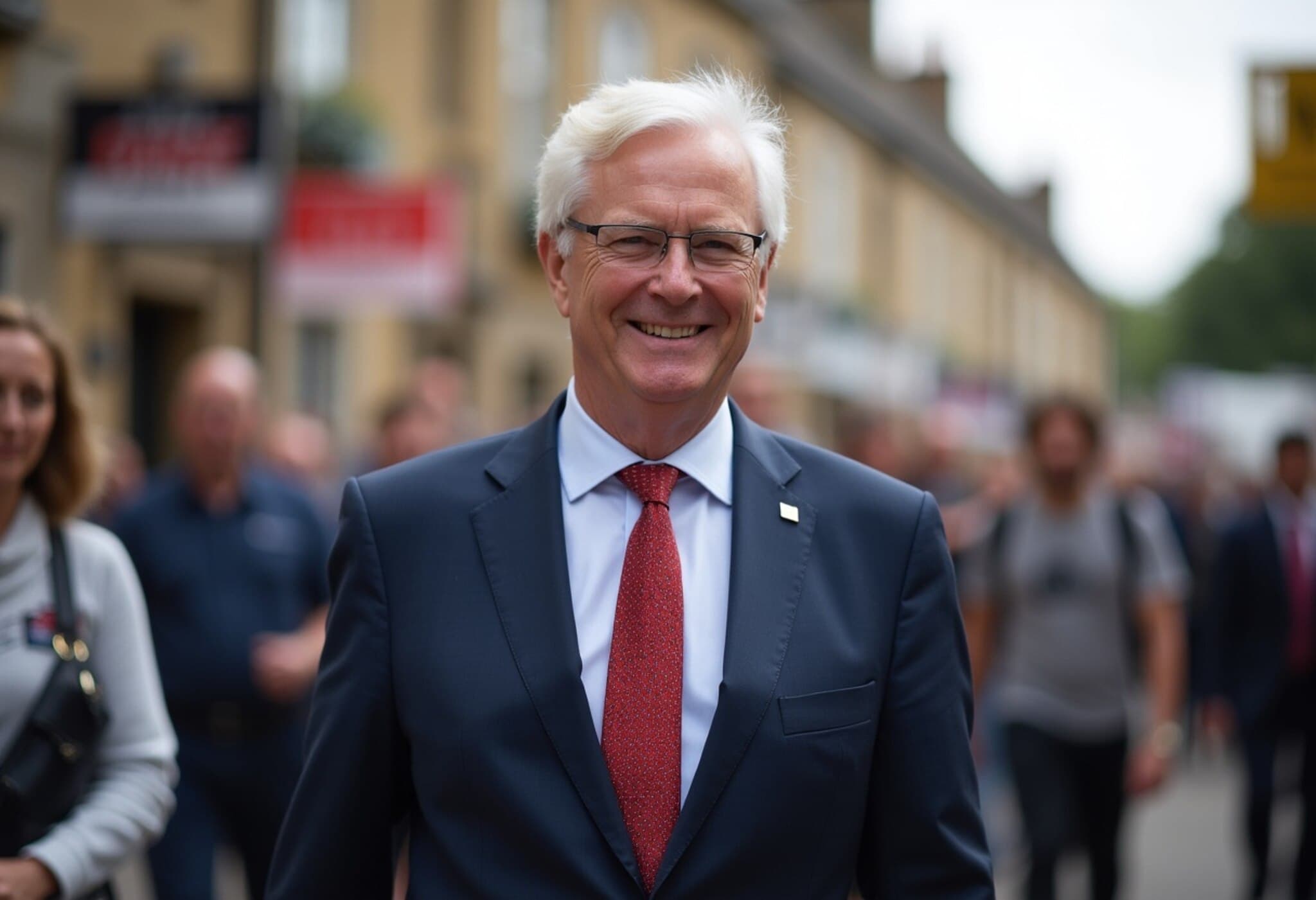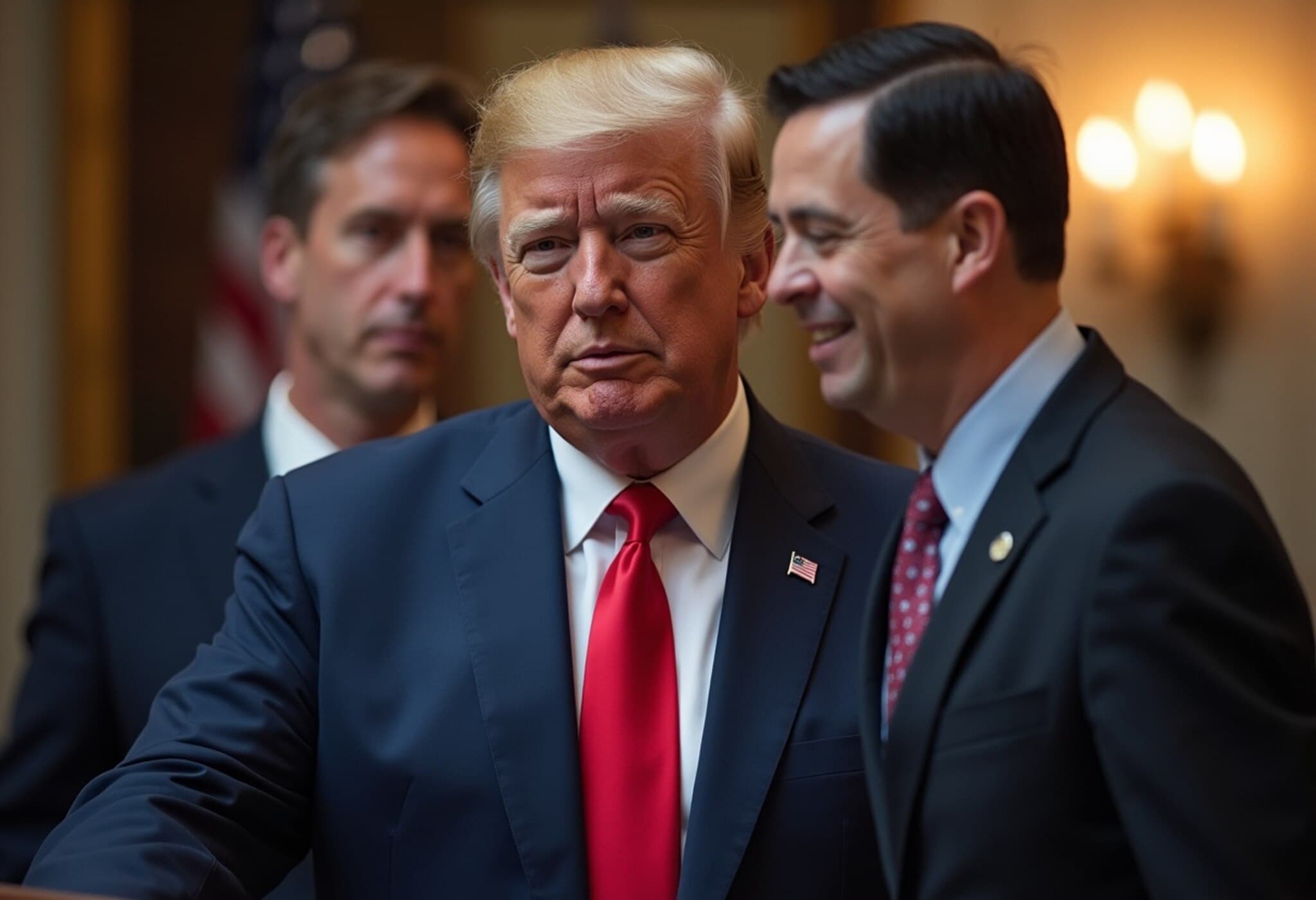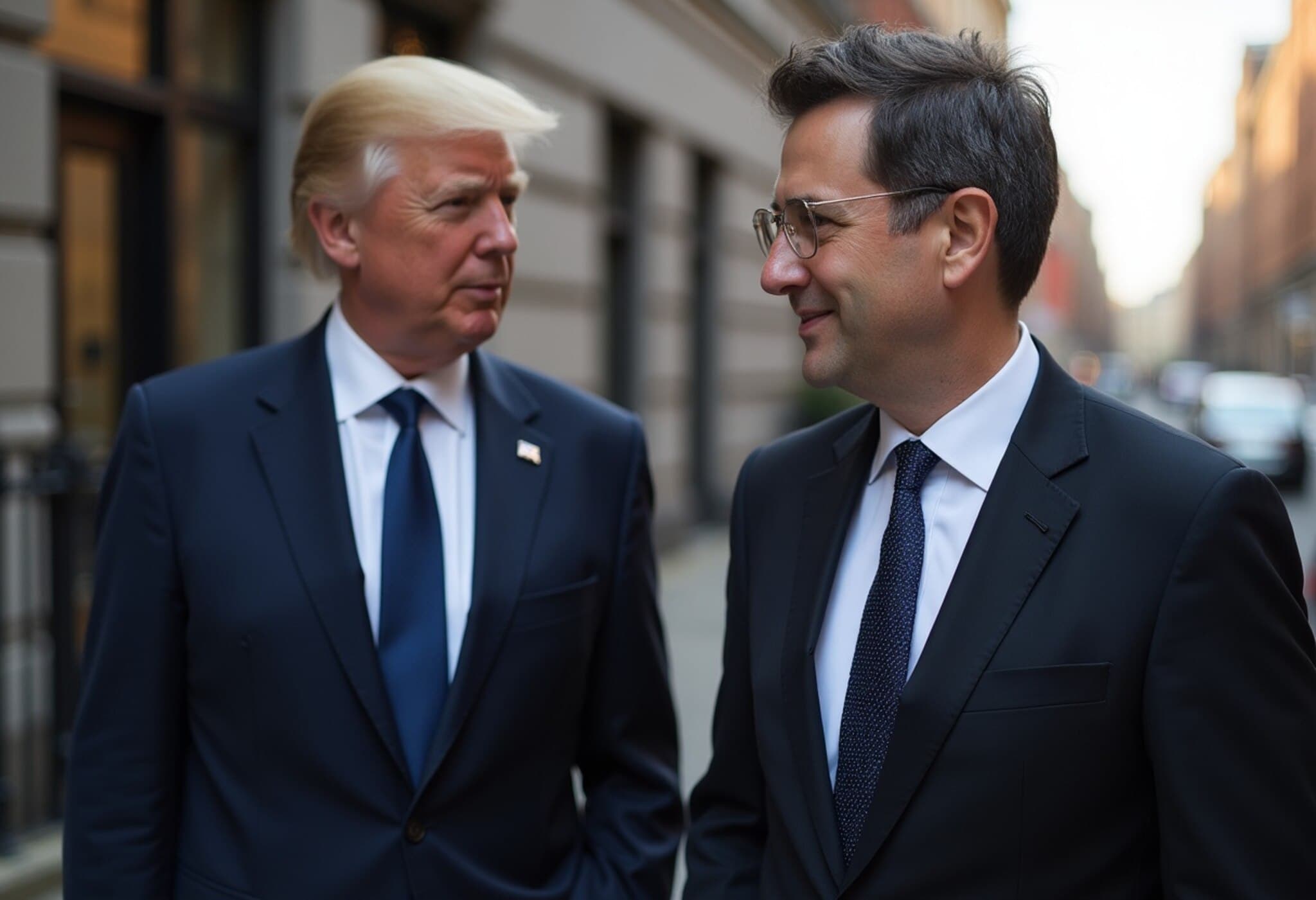US Vice President JD Vance’s Team Requested River Water Level Rise for Personal Vacation
In a surprising revelation, reports have surfaced that US Vice President JD Vance’s security detail asked the US Army Corps of Engineers to increase the water level in a river in Ohio to facilitate a family boating trip. This request coincided with Vance’s 41st birthday celebration in early August and has sparked controversy amid ongoing government budget cuts affecting millions of Americans.
Details Behind the Unusual Request
According to information obtained by The Guardian, Vance’s Secret Service personnel communicated with the Army to raise the outflow of a lake feeding into the Little Miami River. The official explanation given was to "support safe navigation" for the Vice President’s security convoy. However, sources familiar with the situation noted the real intent was to create optimal kayaking conditions for Vance’s family vacation.
Data from the US Geological Survey (USGS) verifiably shows a sharp increase in river water levels alongside a corresponding drop in the lake’s elevation precisely during the days of Vance’s trip, lending credibility to the reports.
Context: A Controversial Move During Budget Cuts
This seemingly minor environmental modification has ignited a broader public debate because it occurred amid significant federal cutbacks. The Trump administration has recently reduced funding for healthcare and food assistance programs that millions of low-income Americans depend on. At the same time, vaccine programs have also faced shutdowns under budget tightening measures.
Raising river levels for the personal comfort of a senior government official, especially when such floodplain ecosystems are delicate and the nation faces pressing social needs, has drawn sharp criticism from watchdog groups and political opponents demanding greater accountability.
Legal and Environmental Considerations
Experts on water management confirm that although altering water flows to ensure safe passage of official vessels is not illegal and has historical precedent, using these powers for a private recreational purpose is highly unusual. It raises important questions about the line between legitimate security measures and governmental overreach.
Environmental analysts caution that even temporary changes in aquatic ecosystems can have ripple effects on local wildlife, riverbank stability, and downstream water users, emphasizing the need for more transparency when such requests are approved.
Public Response and Political Implications
- Transparency concerns: The incident underscores the need for clearer rules governing how security arrangements intersect with environmental management.
- Fiscal priorities questioned: Critics argue that the administration’s willingness to expend resources on serving elite personal interests conflicts with austerity policies affecting vulnerable populations.
- Political fallout: As this story gains traction, it could impact Vance’s political standing, especially among middle- and working-class voters sensitive to perceived elitism or misuse of power.
Regardless, the Army Corps has stressed that the actions taken were within existing authority and aimed at ensuring secure transport for the nation’s Vice President.
Expert Insight
Dr. Emily Harper, a public policy professor specializing in government ethics, commented, "While protecting high-ranking officials is necessary, it's crucial that such protections don't come at the expense of public trust or environmental integrity. This episode highlights the delicate balance our government must maintain between security, stewardship, and equitable resource management."
Looking Ahead
This incident invites a broader conversation about oversight over how natural resources are used by government entities for official duties versus personal benefit, especially under heightened scrutiny of federal spending. It also serves as a stark illustration of the contrasting experiences of government elites and ordinary citizens during times of austerity.
Editor’s Note
JD Vance’s vacation water-level request exposes tensions between privilege and public service. As federal assistance programs shrink for many Americans, such stories sharpen debates about how resources—both natural and fiscal—should be allocated. Our readers should consider the implications for democratic accountability, environmental policy, and fiscal ethics. Will more transparency and regulation emerge to prevent similar incidents, or will elite conveniences continue to overshadow collective needs? This remains a critical question going forward.



















